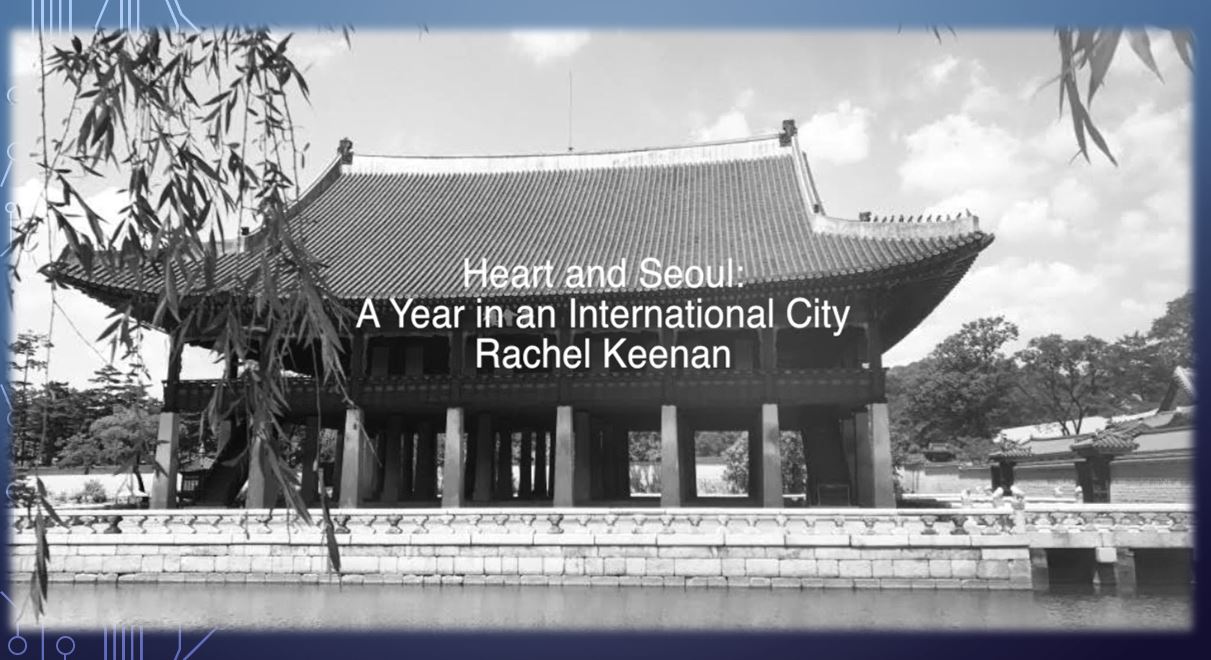ATTENTION: The software behind KU ScholarWorks is being upgraded to a new version. Starting July 15th, users will not be able to log in to the system, add items, nor make any changes until the new version is in place at the end of July. Searching for articles and opening files will continue to work while the system is being updated.
If you have any questions, please contact Marianne Reed at mreed@ku.edu .
Making Black Public Humanities in South Florida: Fugitive Pedagogies, Self-Making, and Memory Work
| dc.contributor.advisor | Jelks, Randal M | |
| dc.contributor.advisor | Lang, Clarence E | |
| dc.contributor.author | Garcia-Medina, William | |
| dc.date.accessioned | 2024-07-06T14:58:00Z | |
| dc.date.available | 2024-07-06T14:58:00Z | |
| dc.date.issued | 2022-05-31 | |
| dc.date.submitted | 2022 | |
| dc.identifier.other | http://dissertations.umi.com/ku:18292 | |
| dc.identifier.uri | https://hdl.handle.net/1808/35368 | |
| dc.description.abstract | “Making Black public humanities in South Florida: Fugitive Pedagogies, Self-Making, and Memory Work” seeks to make a contribution to the field of Black public humanities by examining the history and achievements of the African American Research Library and Cultural Center (AARLCC) in Fort Lauderdale, Florida. I argue that a project like this could serve as a preliminary litmus test by Black public humanities educators and administrators to determine the extent to which their centers are exemplary and inclusive. Although the field of public humanities has been extensively discussed in museum studies, there is little scholarship that examines how Black public humanities initiatives can be exemplary and academically useful to the field of public humanities, museum, and library studies as a whole. My study of the AARLCC through observation, participation, archival research and interviews has revealed that we have to pay attention to what these institutions are doing to maintain a public-facing and publicly-engaged humanities initiative. Their ability to create programming and events that center the general public has generated more public engagement and unity amongst its Black diverse community. Furthermore, they lead by example by creating multimodal events that use social media, virtual tours, and other platforms to achieve a higher public participation. In other words, they are a grassroots-created institution and a public-facing and public-centered one in its praxis. | |
| dc.format.extent | 210 pages | |
| dc.language.iso | en | |
| dc.publisher | University of Kansas | |
| dc.rights | Copyright held by the author. | |
| dc.subject | Black studies | |
| dc.subject | Museum studies | |
| dc.subject | African American studies | |
| dc.subject | Black memory work | |
| dc.subject | Black public humanities | |
| dc.subject | Fort Lauderdale | |
| dc.subject | Library studies | |
| dc.subject | museum studies | |
| dc.subject | public humanities | |
| dc.title | Making Black Public Humanities in South Florida: Fugitive Pedagogies, Self-Making, and Memory Work | |
| dc.type | Dissertation | |
| dc.contributor.cmtemember | Welsh, Peter | |
| dc.contributor.cmtemember | Anatol, Giselle | |
| dc.contributor.cmtemember | Wood, Nathan | |
| dc.contributor.cmtemember | Hardison, Ayesha | |
| dc.thesis.degreeDiscipline | American Studies | |
| dc.thesis.degreeLevel | Ph.D. | |
| dc.identifier.orcid | 0000-0001-6934-2453 |
Files in this item
This item appears in the following Collection(s)
-
Dissertations [4889]






